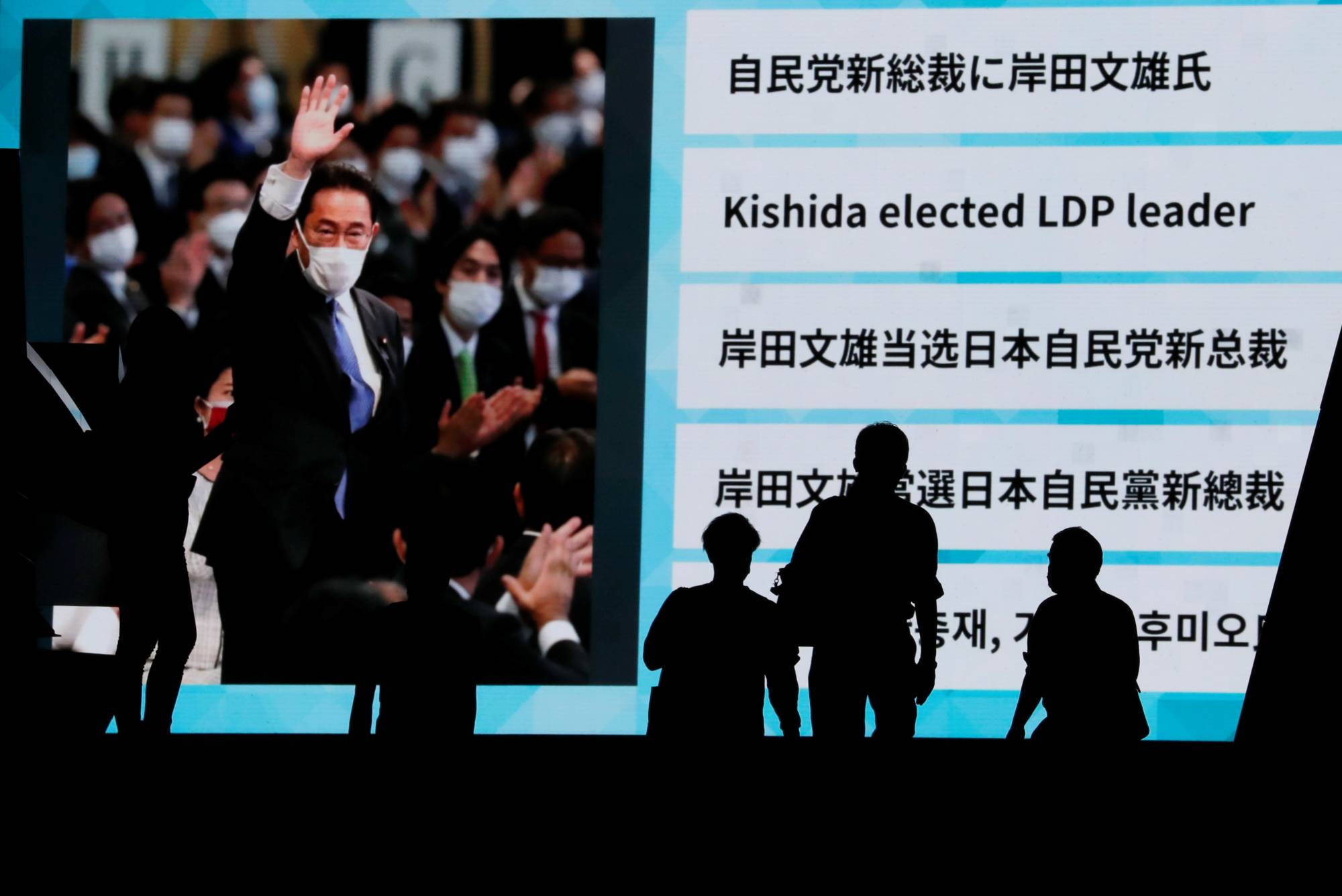After a monthlong, surprisingly competitive race for Japan’s new leader, the contest ended predictably: Fumio Kishida, the most experienced, most middle-of-the-road candidate, is set to become Japan’s 100th prime minister.
For good or ill, Kishida is seen by investors as a continuity choice — stable, but unlikely to energize markets much. Early in the race, foreign investors and retail traders were intrigued by the potential of a Taro Kono victory, attracted by his fluent English, reformist leanings and social-media savvy.
"Kishida is likely to generate the weakest equity market moves” of the candidates, Goldman Sachs Group Inc. economist Naohiko Baba wrote in a report, "particularly since his reformist views appear somewhat weak and his stance on fiscal discipline is cautious.”


















With your current subscription plan you can comment on stories. However, before writing your first comment, please create a display name in the Profile section of your subscriber account page.